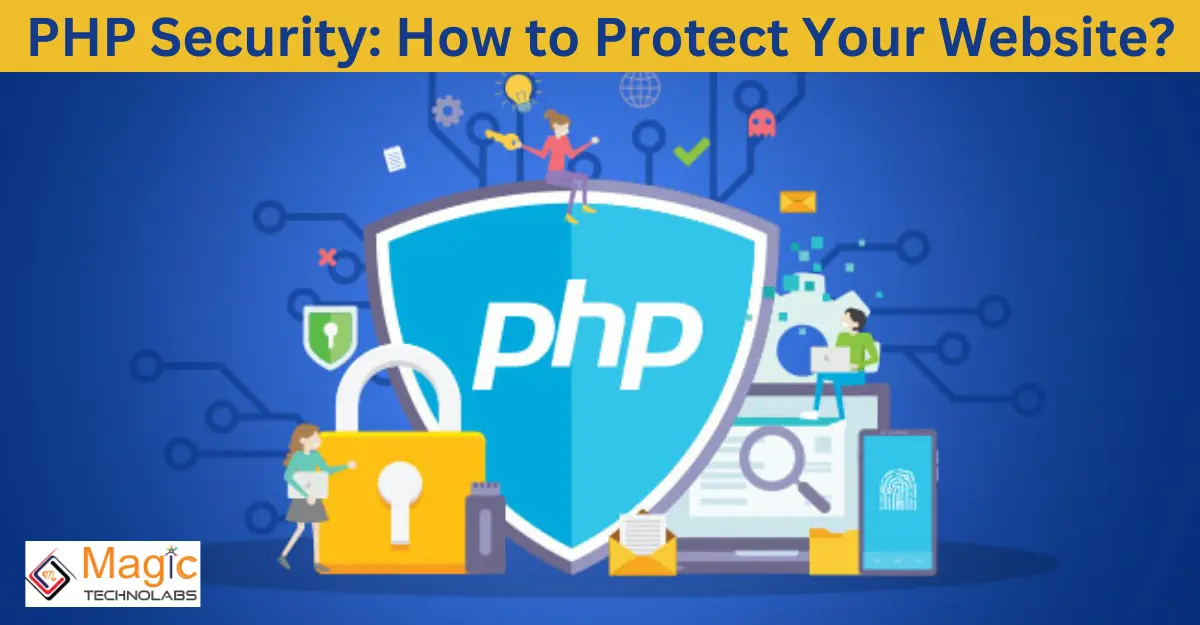PHP is a widely used programming language for web development, powering millions of websites worldwide. However, like any other technology, PHP-based websites are vulnerable to security threats if not properly protected. Here are some essential strategies to enhance PHP security and protect your website:
Keep PHP Updated: Ensure that you are using the latest version of PHP, as older versions may contain security vulnerabilities that hackers can exploit. Regularly update PHP to the latest stable release to benefit from security patches and fixes.
Use Secure File Uploads: Implement strict file upload validation to prevent attackers from uploading malicious files to your server. Verify file types, size limits, and perform server-side validation to mitigate the risk of file upload vulnerabilities.
Sanitize User Input: Sanitize all user-supplied data to prevent SQL injection, cross-site scripting (XSS), and other common attack vectors. Use PHP functions like mysqli_real_escape_string() or prepared statements to sanitize input and avoid executing malicious code.
Enable PHP Error Reporting: Configure PHP to display error messages only in development environments and log errors in production. This practice helps identify and address potential security issues without exposing sensitive information to attackers.
Implement HTTPS: Secure communication between your website and users by enabling HTTPS encryption. Obtain an SSL/TLS certificate and configure your web server to use HTTPS protocol, ensuring data integrity and confidentiality.
Validate and Escape Output: Validate and escape output data to prevent XSS attacks and unauthorized code execution. Use HTML encoding functions like htmlentities() or htmlspecialchars() to encode user-generated content before displaying it on web pages.
Limit File Permissions: Restrict file permissions on your server to prevent unauthorized access to sensitive files and directories. Set appropriate permissions for PHP scripts, configuration files, and uploaded content to minimize the risk of exploitation.
Use Secure Sessions: Implement secure session management techniques to protect user sessions from session hijacking and fixation attacks. Use session_regenerate_id() to generate new session IDs and enforce session expiration policies.
By implementing these PHP security best practices, you can significantly reduce the risk of website vulnerabilities and safeguard your website against cyber threats. Stay proactive in monitoring and updating your PHP environment to stay ahead of emerging security risks and protect your website's integrity and reputation.
















